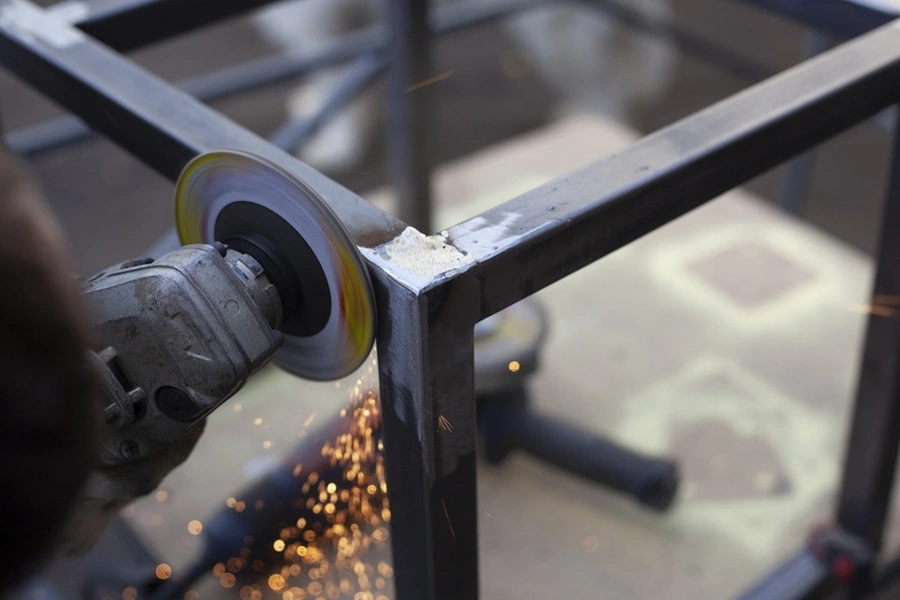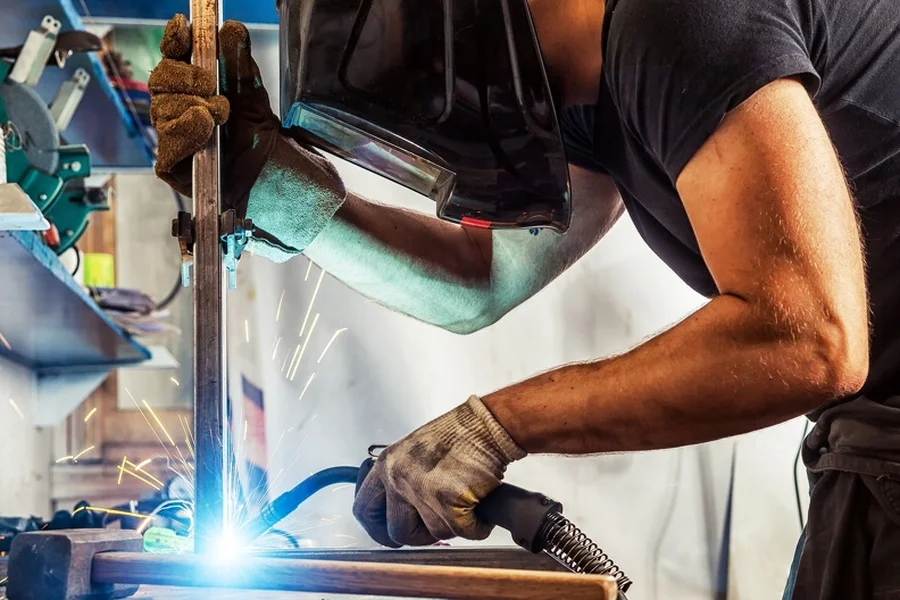Precision as a Key to Successful Projects
Precision is crucial for many industries, but it plays an especially vital role in metal projects. When you focus on precision, the final product meets exact specifications and quality standards. In this context, achieving high levels of accuracy is not just about aesthetics; it’s a fundamental aspect that impacts structural integrity, safety, and functionality. By honing in on precise measurements and techniques, businesses can ensure their outcomes are reliable and durable.

The Importance of Accuracy in Manufacturing
In the manufacturing sector, accuracy affects every facet of production. Precision ensures that parts fit together correctly and operate smoothly. For metal fabrication, having each component match exactly to design specifications saves time and reduces material waste. This accuracy minimizes errors during assembly, preventing costly adjustments or rework later on.
Why Measurement Tools Matter
Using advanced measurement tools is essential in achieving precision. These tools help fabricators verify dimensions at every stage of production. Digital calipers, micrometers, and laser measuring devices are some examples of equipment that enhance accuracy. By regularly calibrating these tools, teams maintain consistent results throughout the process.

Challenges Linked With Maintaining High Precision
While maintaining high precision offers numerous benefits, it also comes with challenges. Variability in raw materials can impact consistency, requiring careful monitoring and adjustments. Additionally, operator skill level is crucial; lack of training can lead to mistakes that compromise product quality. Addressing these challenges involves implementing thorough training programs and using standardized procedures to keep everything aligned.
Steps for Achieving Better Accuracy
- Invest in high-quality measurement tools
- Implement regular calibration schedules
- Provide ongoing training for team members
- Use CAD software for precise designs
Best Practices for Quality Assurance
Ensuring top-notch precision begins with stringent quality assurance practices. Begin by setting clear benchmarks for acceptable tolerance levels. Next, integrate inspections into multiple stages of production to catch discrepancies early. Collaborate with suppliers who adhere to similar standards to guarantee consistent input materials.
Understanding Industry Standards
Metal projects must comply with industry-specific standards to ensure safety and performance. Regulatory bodies often dictate these standards, covering everything from material strength to environmental regulations. Knowing and complying with these guidelines helps companies avoid legal issues and enhances customer trust.
Evaluating Cost Implications
Aiming for high precision might increase upfront costs due to investment in better tools and training programs. However, the long-term benefits often outweigh these expenses. Precise manufacturing reduces waste, improves efficiency, and lessens the need for costly corrections down the line. The return on investment becomes evident when considering reduced operational hiccups and enhanced customer satisfaction.
Our Final Thoughts on Your Project Needs
Your project success relies heavily on precision and attention to detail. At Gear Heads Fabrication & Equipment Repair, our commitment to excellence ensures we meet your specific needs efficiently. Reach out today at (805) 793-6636 for expert advice tailored to your requirements. Based in Ventura, CA, we’re ready to support you in achieving your goals.
